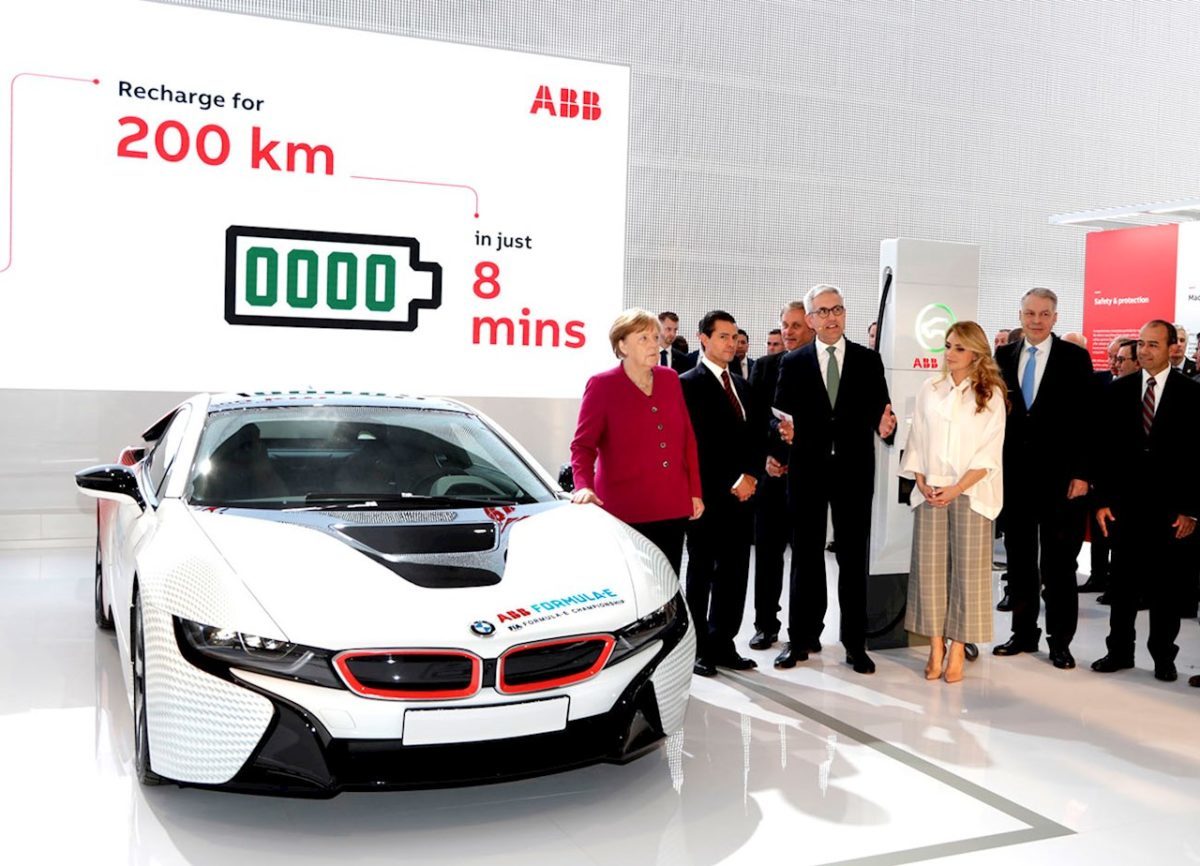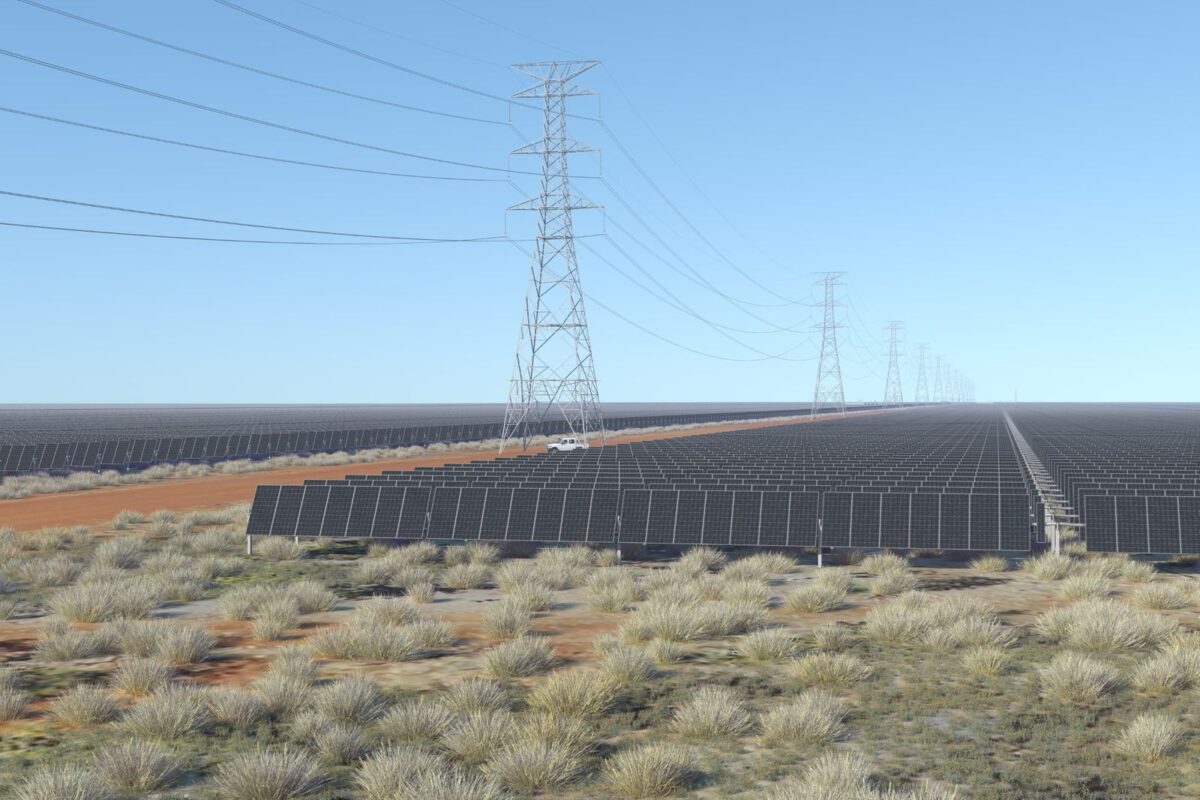From pv magazine Germany
From last Monday through to Sunday, renewable energy made up almost two-thirds of Germany’s net electricity production – the figure actually supplied to end users and excluding power plant losses and on-site self consumption of PV power. Wintery conditions resulted in solar contributing only 5.1%, trailing wind (48.8%) and biomass (7.6%), but PV was ahead of hydro generation (3.5%).
“These figures show that the target of 65% … renewable energy for 2030 is technically possible,” said Bruno Burger, who manages energy charts at solar research institute Fraunhofer ISE, which collated the figures. “The goal must be to keep this share for a whole calendar year.”
Bumper wind resources displaced fossil fuel and nuclear generation, with Burger adding: “Hard coal and gas power plants run at night only with minimum power, with nuclear power plants being also deactivated at night during the week.”
Lignite coal contributed an average of 24% of Germany’s electricity generation last year but supplied just 12% last week, with lignite power plants operated variably with a capacity of between 4.5 GW and 15.5 GW.
This year has seen marked gains for renewable generation in Germany, with February seeing solar power contributing 20% more than it did it February 2018 and onshore (36%) and offshore wind (26%) also recording rises.
In the first ten weeks of the year, the share of renewables in net power generation totaled 43.3%, according to Fraunhofer ISE. For the past year, the institution’s energy charts calculated a 40.4% contribution. The data compilers said solar broke the 6% net generation benchmark earlier than ever this year, achieving that milestone in mid-February.
Ralph Diermann
This content is protected by copyright and may not be reused. If you want to cooperate with us and would like to reuse some of our content, please contact: editors@pv-magazine.com.








By submitting this form you agree to pv magazine using your data for the purposes of publishing your comment.
Your personal data will only be disclosed or otherwise transmitted to third parties for the purposes of spam filtering or if this is necessary for technical maintenance of the website. Any other transfer to third parties will not take place unless this is justified on the basis of applicable data protection regulations or if pv magazine is legally obliged to do so.
You may revoke this consent at any time with effect for the future, in which case your personal data will be deleted immediately. Otherwise, your data will be deleted if pv magazine has processed your request or the purpose of data storage is fulfilled.
Further information on data privacy can be found in our Data Protection Policy.